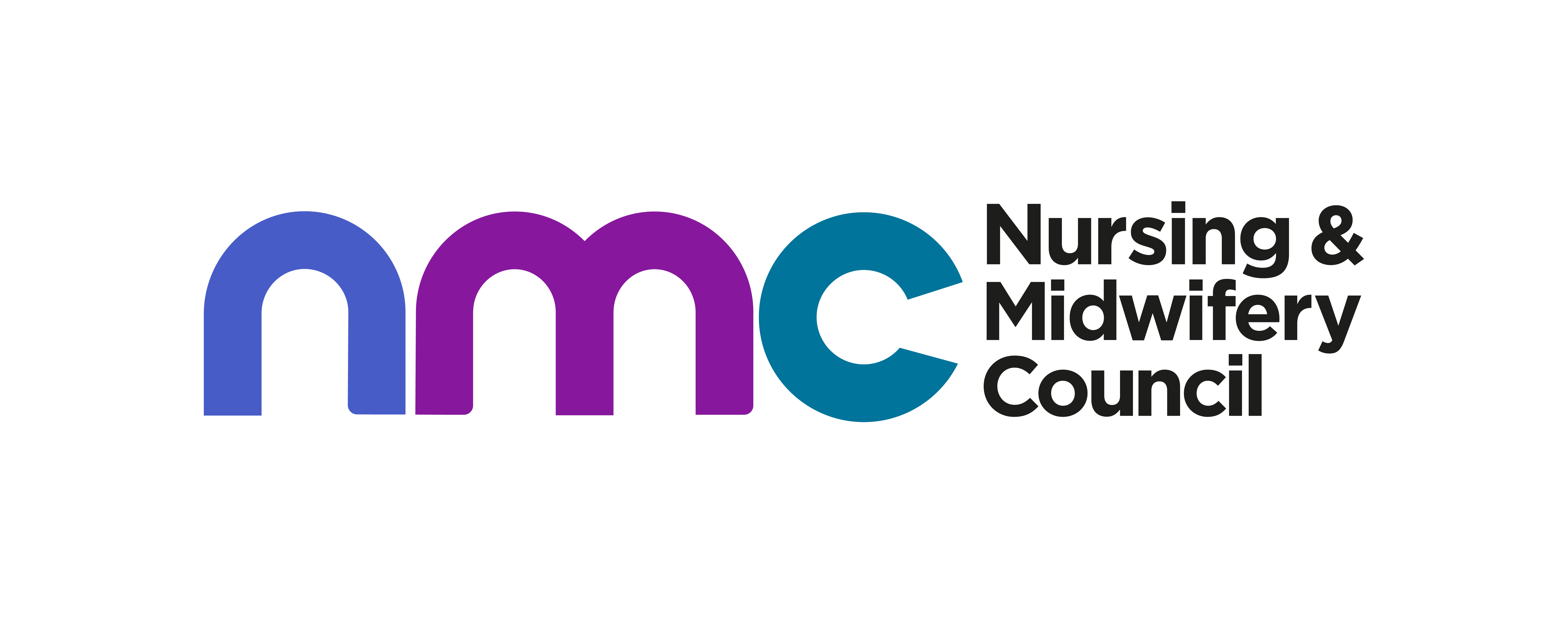Represent your profession as a panel member at the NMC
Thank you for your interest in this vitally important role at the NMC.
Our independent panel members are key to making fair, kind and consistent decisions about professionals’ fitness to practise.
We’re looking for at least 70 panel members to join us. Most of those will be nurses, midwives or nursing associates who play a vital role in representing their profession and bringing their knowledge of practice into our proceedings.
We want to hear from people who can demonstrate our values of fairness, kindness, ambition and collaboration, and who can meet competencies including professionalism and integrity, and a commitment to equality. If you think that’s you, or would like to find out more about what to expect, all the details you need should be found on this recruitment site.
We’re particularly keen to hear from people with protected characteristics, including professionals from ethnically diverse backgrounds, professionals with disabilities, and younger professionals.
What do panel members do?
Panel members work in groups of three. In that group there’s always at least one nurse, midwife or nursing associate, and one lay person (that is, someone who’s never been on our register). They collaborate to come to a decision about whether a professional is fit to practise and decide what restrictions, if any, to put on the professional’s practice to keep people safe.
To be successful you must have a genuine interest in helping deliver better, safer care across the health sector in the UK by making fair and evidence-based decisions about the cases you are considering. And in exchange, the NMC will provide you with the right training, opportunities to support your development, and an inclusive working environment.
Most of our registrant and lay panel members have other jobs outside the NMC – but we ask that our panellists can commit at least 15 days a year to us.
Fitness to practise exists to keep people safe
Two aims guide all our fitness to practise work. The decisions our panels make are at the heart of helping us to achieve those aims.
- We want to see nurses, midwives and nursing associates who are fit to practise safely and professionally.
- And we want to nurture a professional culture within health and social care that values equality, diversity and inclusion, and prioritises openness and learning in the interests of patient safety.
So we’ll always take action if needed, but we also need our work to drive learning and improvement so care becomes better and safer for everyone.
We train and support our panel members
We offer panel members four days of induction training on appointment to the role, which includes exploring the role of panel members, understanding the fitness to practise or investigating committee, how to make high-quality decisions, witness care, and embedding equality and inclusion. We also offer one day of yearly refresher training based on recent learning themes and trends.
We keep panel members informed of important updates throughout the year via Panel Member briefings, email communications, and coffee mornings.
All of that training, and the wider experience you get from your role as a panel member, is useful to bring back into other roles you have outside the NMC.
Hear from some of our current panel members…
As a black nurse registrant [I wanted to] add my professional voice to ensure that all nurses, particularly those who are black and brown, are treated fairly and are not lost to the nursing profession. It has been one of the best experiences of my professional life so far
I didn’t realise how much I would gain personally in the process. . . It has given me renewed motivation to be a life-long learner and also a better nurse.
